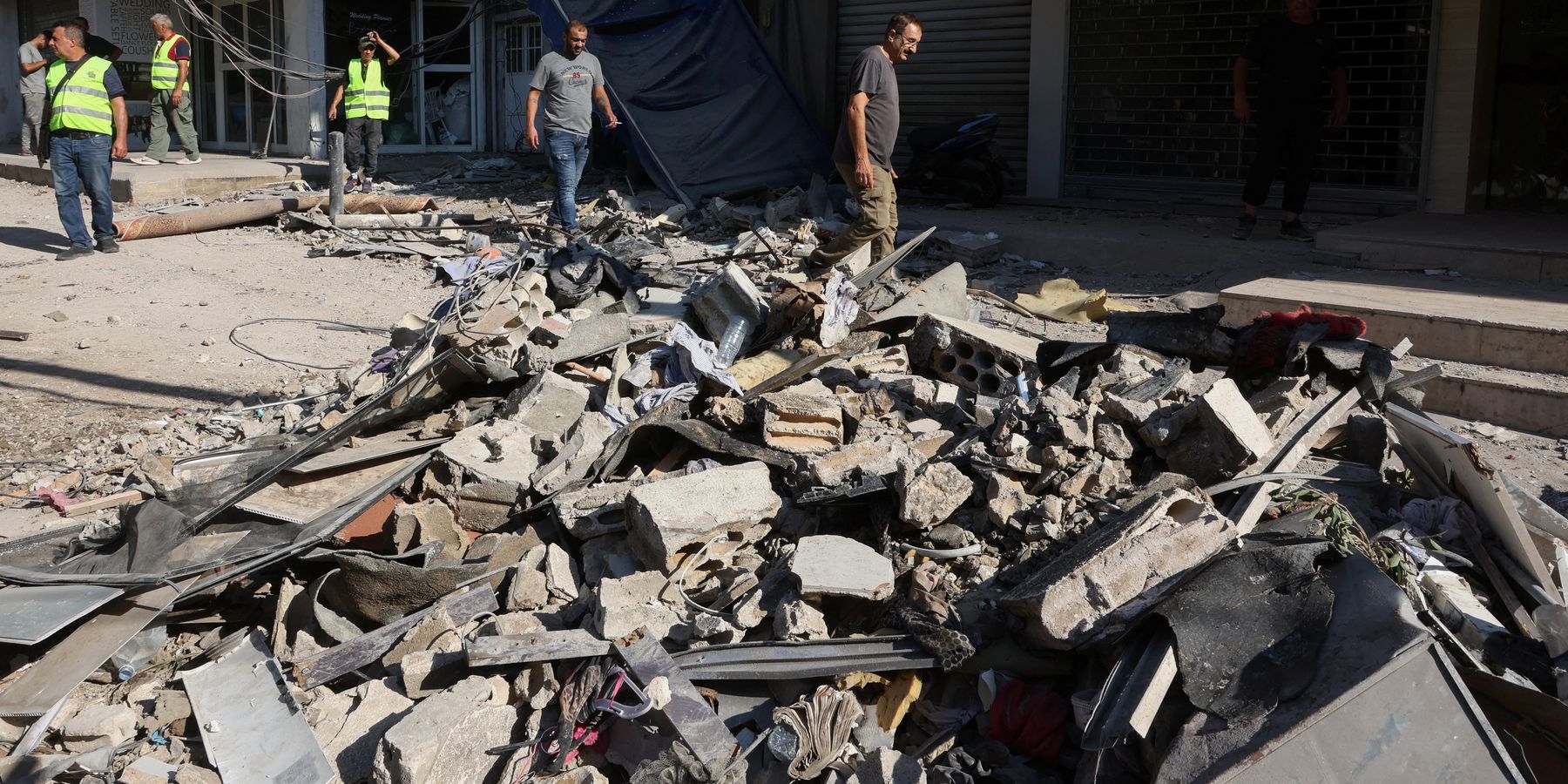The assassination in Iran of Hamas political leader Ismail Haniyeh, almost certainly by Israel or elements acting on Israel’s behalf, will have no positive effects—including for the security of Israel itself.
Instead, it will only increase further the already high potential for additional war, death, and destruction in the Middle East.
The Iranian regime will feel obligated to respond, even though the victim of the assassination was not Iranian. The attack happened in the heart of Iran, and the killing of a foreign visitor who was in town for the inauguration of Iran’s new president is a severe embarrassment for Tehran.
Iranian decision-makers will weigh conflicting considerations in choosing how to respond. One clue to their thinking is Iran’s response to Israel’s attack on an Iranian diplomatic compound in Damascus in April. That Iranian retaliation was a missile and drone barrage on Israel that was large but designed to minimize damage to Israel and thus minimize any rationale for Israel to escalate further.
The Iranian response to the newest assassination will not necessarily be the same, but the regime may again look for ways to send a forceful message while limiting the risk of escalation.
It has become standard Israeli practice to treat any armed action against Israel as if it were unprovoked aggression rather than retaliation for something Israel itself had done. Thus, it can be expected that no matter how Iran retaliates this time, Israel will respond with additional violent actions. This tit-for-tat, despite efforts by one side or the other to limit escalation, will carry the risk of spinning out of control.
Israel’s long record of assassinations, as well as other sabotage, in Iran has focused in the past on Iranian nuclear scientists. Those assassinations, unlike diplomatic measures, did nothing to prevent the Iranian nuclear program from advancing to its current status of being on the threshold of having enough fissile material for a nuclear weapon.
Similarly, the assassination of Haniyeh will do nothing to curb Hamas violence against Israelis, either in the Gaza Strip or elsewhere. Haniyeh was a political figure who lived in exile in recent years and appeared to have little or no influence on, or even awareness of, the military activities of Hamas elements in Gaza. The main immediate effect of the assassination will be to impede negotiations for a cease-fire and hostage release, because of both Haniyeh’s personal role in the diplomacy involved and the overall increase in tension and animosity in the environment surrounding the diplomacy.
This latest chapter in Israel’s long history of assassinations, both clandestine and overt, has recently appeared to have gone into a macabre autopilot mode, in which targets for assassination are hit with seemingly no regard for consequences affecting the security not just of foreigners but of Israelis. This has especially been true regarding targets in Hamas but also, amid rising tensions along the Israeli-Lebanese border, ones in Hezbollah.
The itchiness of the Israeli assassination trigger was demonstrated after a rocket hit a soccer field a few days ago and killed 12 people — not Israelis in what the world recognizes as Israel, but rather Druze in a village in the occupied Golan Heights of Syria. The strong denials of responsibility by Hezbollah are credible given the difficulty in imagining any possible motive for Hezbollah to target Druze in occupied Syria.
Most of the Druze in the Golan Heights are, despite the years of Israeli occupation, Syrian citizens. Rather than an intentional Hezbollah attack, the lethal rocket may have been either misdirected Hezbollah ordnance or, even more likely, an Israeli Iron Dome interceptor that missed its airborne target.
Despite all the doubts, the automatic Israeli response was to kill another Hezbollah figure, this time with an aerial attack in a heavily populated Beirut neighborhood that also killed three civilian bystanders and injured several dozen more.
As with the assassination operations against Hamas, this killing will do nothing to reduce either the capability or the willingness of Hezbollah to harm Israelis. It will only make more difficult the diplomatic efforts to stabilize the Israeli-Lebanon frontier and prevent an all-out war.
The nearly automatic Israeli resort to ineffectual assassination partly reflects a kind of national rage that has been repeatedly displayed in the carnage and mass suffering in the Gaza Strip over the past nine months. But there may also be a more calculated element, especially as it involves Prime Minister Benjamin Netanyahu, with his personal motives to keep a war of some sort going, in trying to escape his political and legal problems, whether or not a cease-fire is ever reached in Gaza.
Despite earlier indications of an Israeli inclination not to escalate directly to full-scale war with either Hezbollah or Iran, dragging the United States into a war with Iran is probably an objective of Netanyahu. It would serve the multiple purposes that the constant Israeli promotion of hostility toward Iran have always served—including diverting attention from Israel’s own actions in Gaza and elsewhere—while letting the United States do the heavy military lifting, with all the costs and risks that involves.
Whether or not Netanyahu achieves this objective, Israel’s latest action reinforces its status as one of the Middle East’s most active state perpetrators of terrorism (and the assassination of the Hamas political leader Haniyeh was an act of international terrorism according to an official U.S. definition) and leading sources of regional instability.- Assassination of Hamas leader in Iran puts new president in a trap ›
- Israel-linked assassinations: How much is the US really involved? ›
- Israelis step up assassination tactics outside Gaza ›
















